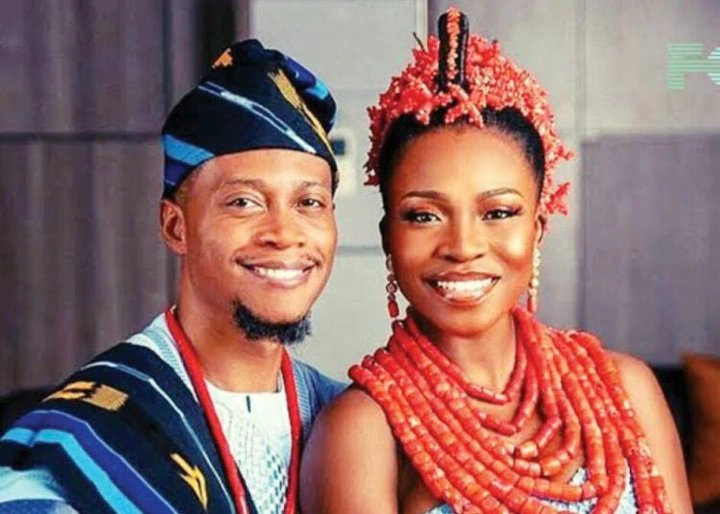Marriage remains one of humanity’s most sacred institutions, a union that transcends personal affection to merge families, values, and entire cultures.
Diaspora Digital Media (DDM) gathered that inter-ethnic marriages are increasingly becoming common across Nigeria and beyond, as globalization and social integration blur long-held ethnic boundaries.
When two people from different ethnic or cultural backgrounds come together in marriage, the outcome is often a fascinating mix of traditions, languages, and values.
However, as beautiful as it sounds, such unions also come with a unique set of challenges that require wisdom, patience, and mutual understanding to navigate.
Experts in relationship studies describe inter-ethnic marriage as both enriching and demanding, a blend of diversity and potential cultural friction.
Here are five key factors couples should carefully consider before committing to an inter-ethnic marriage.
1. Cultural And Traditional Differences
The first and most visible difference in inter-ethnic marriage lies in culture.
Partners must understand that customs, gender roles, family hierarchies, and even concepts of respect vary greatly between ethnic groups.
For example, what may be considered polite in Yoruba tradition might be interpreted differently in Igbo or Hausa contexts.
Therefore, before marriage, it is vital to discuss rituals, family expectations, and belief systems openly.
Such conversations help prevent future conflicts and foster mutual respect between partners and their extended families.
2. Language And Communication
Language is not just a means of communication but a core part of cultural identity.
Couples from different ethnic groups often face communication barriers, not only between themselves but also when interacting with in-laws or community members.
Misinterpretations can arise from simple words, tones, or cultural expressions.
To bridge this gap, experts advise learning each other’s native language or adopting a common language for effective communication.
This effort demonstrates respect for each other’s roots and builds stronger emotional connection.
3. Family Acceptance And Societal Pressure
In many African societies, marriage is viewed as a union between families, not just individuals.
Thus, winning family acceptance remains crucial in inter-ethnic marriages.
Some families may hold reservations due to ethnic stereotypes, historical rivalries, or deep-rooted prejudices.
Couples must prepare to address these concerns diplomatically and with patience.
Introducing families early and allowing them to interact can gradually dissolve biases and build bridges of understanding.
Societal pressure, especially in rural or traditional communities, can also pose challenges, making it necessary for couples to remain united in love and vision.
4. Shared Values And Life Goals
While ethnicity defines background, shared values define the future of the relationship.
Couples must ensure they align on fundamental issues like child upbringing, religion, financial management, and career priorities.
When partners share the same moral compass and long-term goals, cultural differences become easier to manage.
Love alone is not enough, understanding each other’s principles and life ambitions creates the stability every marriage needs.
5. Willingness To Compromise And Adapt
Flexibility is perhaps the lifeblood of every successful inter-ethnic marriage.
Both partners must be willing to make compromises and embrace aspects of each other’s culture.
This could include celebrating traditional festivals together, learning to cook each other’s meals, or respecting sacred customs and taboos.
Such small acts of cultural empathy strengthen bonds and nurture a sense of belonging within both families.
Couples who adapt easily tend to build homes that are not only peaceful but also culturally rich and admired by others.
In Conclusion
Inter-ethnic marriages can serve as powerful symbols of unity and national cohesion in a diverse country like Nigeria.
They challenge prejudice, promote inclusivity, and enrich societies through shared cultural experiences.
However, success in such marriages depends on understanding, open communication, family involvement, aligned values, and a willingness to grow together.
Love may ignite the relationship, but mutual respect and adaptability sustain it over time.
As many experts often say, “Marriage across cultures is not about losing one’s identity, but about creating a new shared culture of love and respect.”







